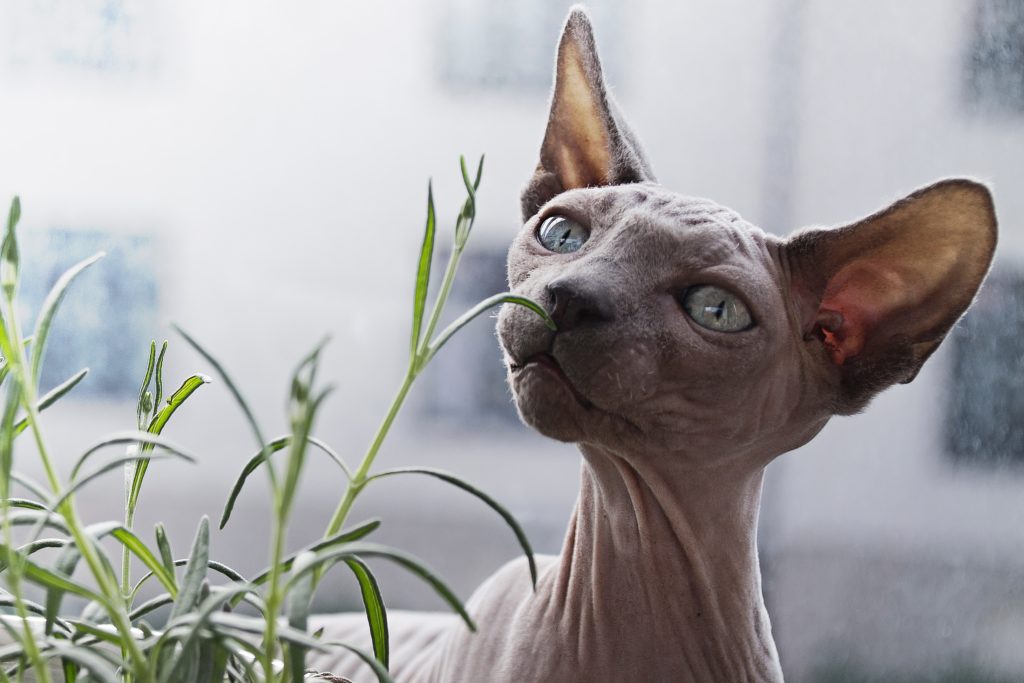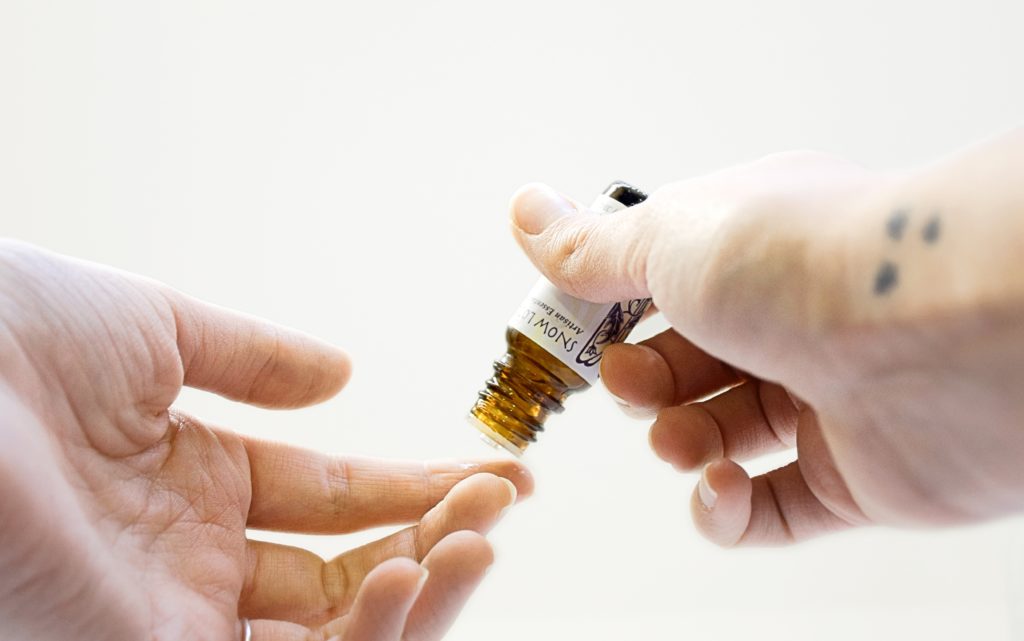Using essential oils has become a popular trend in recent years. These oils have a wide range of uses, from helping with sleep and anxiety to being used in natural cleaning products. However, when it comes to our feline friends, we need to be cautious. Cats can be highly sensitive to certain essential oils, and some oils can even be fatal to them. In this article, we will explore the safety of oregano oil for cats and provide essential tips to keep your furry companions safe.
Why Are Some Essential Oils Toxic to Cats?
Cats have smaller bodies compared to humans, and their livers are not as efficient at processing certain chemicals. They lack a specific enzyme that helps break down the components of essential oils. As a result, repeated exposure to certain essential oils can lead to a buildup of toxins in their livers, making them sick.
Which Oils Should You Avoid?
Some essential oils containing phenol and monoterpene hydrocarbons have been found to be toxic to cats. It’s important to avoid using oils such as cinnamon, clove, thyme, oregano, citrus oils, pine oils, lavender, bergamot, tea tree, and eucalyptus around cats. These are just a few examples of essential oils that can be harmful to them. Always consult the ASPCA website if you have any doubts about a specific oil.
Checking with ASPCA
Before diffusing any essential oil, it’s crucial to check its safety for cats. Cats can become ill rapidly when exposed to toxic essential oils. Watch out for signs of essential oil poisoning, such as vomiting, drooling, difficulty breathing, and changes in behavior. If you suspect your cat has been exposed to toxic oils, contact your veterinarian immediately.
Tips for Safe Essential Oil Use Around Cats
To ensure the well-being of your cat, consider the following precautions when using essential oils:
Use in Moderation
If possible, avoid diffusing potentially toxic oils in your home. However, if you must use them, do so sparingly. Make sure your home is well-ventilated, and create a safe area where your cat is not exposed to the oils. Remember, even a small amount of a toxic oil can make a cat sick due to their small size.
Dilute with Carrier Oils
When using oils known to be toxic to cats, always dilute them with a carrier oil such as coconut or olive oil. Use the highest dilution recommended by guides for proper dilution techniques. Utilizing pure oils is essential, as cheaper oils may contain additives that can be toxic to your pets.
Limit Contact
It’s important to minimize direct contact between your cat and essential oils. Wash your hands thoroughly after handling the oils, and avoid petting your cat immediately afterward. Never apply essential oils directly to your cat’s fur or skin without consulting a veterinarian.
Set up a Dedicated EO Room
Consider dedicating a small space in your home solely for the use of essential oils. This room can be off-limits to your cat and serve as a safe area for storing, mixing, and diffusing oils. However, always be vigilant in keeping your cat away from this room, as they can be quite sneaky.
Consult Your Vet
If you have any doubts about the safety of an essential oil you want to use, consult your veterinarian or local animal hospital for guidance. They can provide specific advice based on your cat’s health and individual needs.
Frequently Asked Questions
Q: Can I use oregano oil directly on my cat?
A: No, it is not recommended to apply oregano oil or any essential oil directly to your cat’s fur or skin without consulting with a veterinarian.
Q: Can I diffuse oregano oil in my home if I have cats?
A: Due to the potential toxicity of oregano oil to cats, it is best to avoid diffusing it in your home. If you must use it, do so sparingly and ensure proper ventilation.
Q: Are there any essential oils that are safe for cats?
A: Yes, some essential oils are considered safe for cats when used in moderation and with proper dilution. Examples include chamomile, valerian, and helichrysum. However, it’s always best to consult with a veterinarian before using any essential oil on your cat.
Conclusion
As pet owners, we all want the best for our feline friends. It’s crucial to research and understand the potential risks of essential oils before exposing our cats to them. Be cautious about the oils you use in your home, dilute them properly, and limit your cat’s contact with them. When in doubt, always consult with your veterinarian for guidance. By following these safety measures, you can enjoy the benefits of essential oils while keeping your cat safe and healthy. For more informative articles on pet care, visit Pawsoha.
About the Author: Lindsay Engle is the pet expert at MedicareFAQ, a healthcare learning resource center for seniors. Lindsay loves working in the senior healthcare industry and writing about the many benefits pets offer our elders. Aside from her job, she has a great passion for animals and loves boating. In her spare time, she enjoys snuggling on the couch with her pets as well as fishing with her boyfriend.


